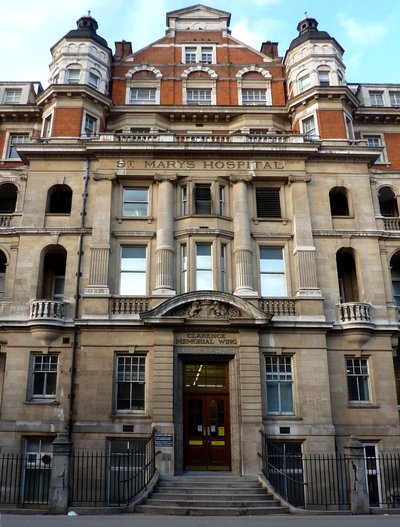Wellcome Collection
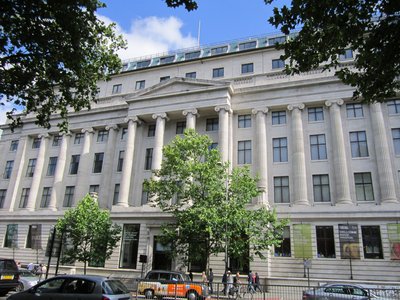
⭐ Highlights
Being Human (core gallery)
Medicine meets everyday lifeProsthetics, genomes, mental health and activism share space—science framed by lived experience.
📍 Level 2
The Reading Room
Hybrid of library, lounge and exhibitBooks, objects and comfy corners invite browsing, not marching from case to case.
📍 Upper floors
Current Exhibition
Rotate often; argue generouslyFrom water justice to disability arts, shows pair research with artists’ voices.
📍 Main galleries off the foyer
Cafe & Bookshop
Digest with tea and a good readOne of London’s best science-and-society book selections lives here.
📍 Ground floor
Opening Hours
🤓 Fun Facts
Henry Wellcome amassed more than a million objects, funding digs and dealers worldwide—his collection seeded both the museum and the research library.
The Wellcome Trust, created from his pharmaceutical fortune, is now among the world’s largest charitable funders of science and health.
Some historic displays have been rethought or retired in recent years to address colonial narratives and ethics—an ongoing curatorial choice, not a one-off gesture.
Similar Museums
Nearby Places

Galton Collection
1 min 👣
Institute of Archaeology Collections
2 min 👣
Petrie Museum of Egyptian Archaeology
3 min 👣
Brunei Gallery
7 min 👣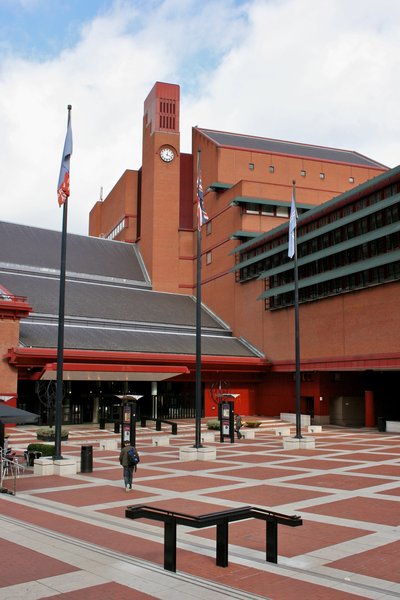
British Library
8 min 👣
Wiener Library
8 min 👣
The Crown
8 min 👣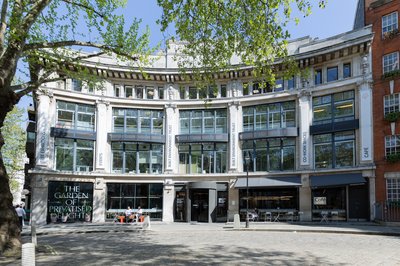
The Building Centre
9 min 👣
Royal College of Physicians Museum
10 min 👣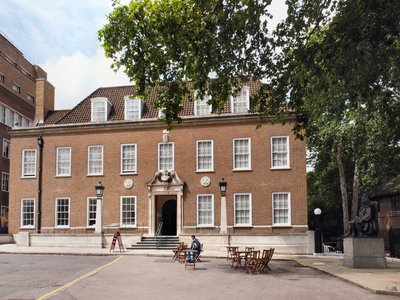
Foundling Museum
11 min 👣






